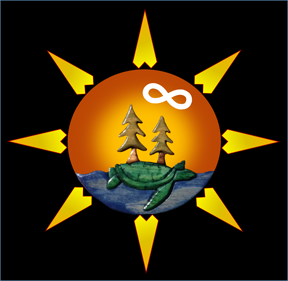REGULATIONS
Citizenship with the MNOC:
CRITERIA: A person who identifies as Métis, who is the direct descendant of an Indigenous and European couple, and who can prove Metis ancestry through verifiable genealogical, historical and legal documents.
INDIGENOUS PEOPLES: The three Aboriginal Peoples of Canada, within the meaning of s.35 of the constitution act 1982: First Nations, Inuit, Métis.
SELF-IDENTIFYING: A person can self-identify as Métis, however, self-identification alone carries no legal entitlement to recognition as a Métis person, to registration with the MNOC, or to claim rights inherent to the Métis.
CANADA'S MÉTIS NATION: The Métis are historically descendants of First Nations-European unions. The first Métis Nation originated in eastern Canada shortly after first contact between First Nations and Europeans peoples in the era of fisheries, fur trade and colonization. Following the shortage of furs in Lower Canada, in the 1760s, explorers and merchants pushed the fur trade westward, opening new routes and creating new Métis communities along the way. A second Métis Nation took root in Red River, Manitoba, predominantly with the Cree and Ojibwa nations. These two Métis Nations, among a few others, are part of Canada’s Métis Nation. While they share certain commonalities, they also possess a historical and cultural diversity specific to their identity.
Proceed to CITIZENSHIP for the application form.


